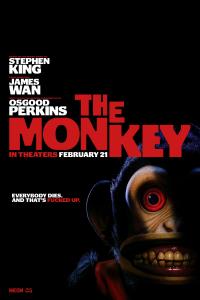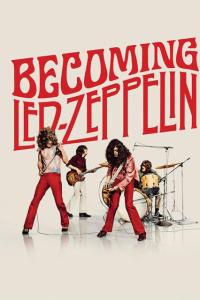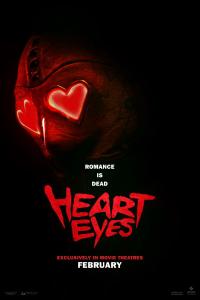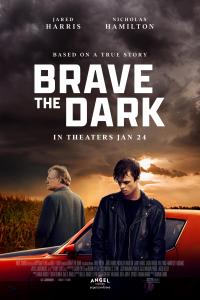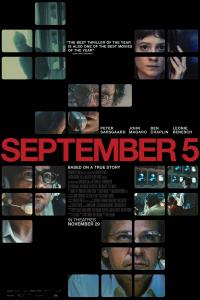Torrent details for "David Sanborn - Voyeur [Flac]" Log in to bookmark
Controls:
Language:
 English
EnglishTotal Size:
174.83 MB
Info Hash:
598c955b72cd2ec8e74868f8e02e22f800f71142
Added By:
Added:
10-02-2019 19:10
Views:
1,238
Health:

Seeds:
0
Leechers:
0
Completed:
9

Artist: David Sanborn
Title: Voyeur
Years: 1980 [Remastered 2010]
Genre: Smooth Jazz
Source: CD
Playing Time: 29:37
Total Size: 218,19 MB
Quality: FLAC+Cue+Log+M3u8+Cover[Front Back CD]
Bitrate: Lossless
Let's Just Say Goodbye ( David Sanborn ) – 4:35
It's You (Sanborn) – 5:11
Wake Me When It's Over (Sanborn, Marcus Miller ) – 4:35
One in a Million (Sanborn) – 3:40
Run for Cover (Miller) – 3:13
All I Need is You (Miller) – 5:43
Just for You (Miller) – 1:38
It wasn't too surprising considering the sound David Sanborn with Hideaway that his follow up album was going to have an incredible sound and flavor if he kept on the general progression and that he did. In fact with bassist/multi instrumentalist Marcus Miller onboard and Tom Scott assisting on some songs for good measured counterpoint this album only ups the strong funk groove of the previous album into just about every song. This is a short album,barely 30 minutes but it packs a punch and keeps jazz-funk fans begging for more. The sophistifunk sound of the previous albums title song extends directly into the similarly flavored "Let's Just Say Goodbye" which adds a degree of that locked tight Grover Washington style groove into every moment of the song. The slower "It's You" brings a light Spanish/latin dance flavor to the rhythm and on "One And A Million" and "All I Need Is You" Sanborn delivers two more ballads with a yearning,soulful style that have a slick slow groove to them that beefs them up just a tad beyond the slower numbers on the previous album. One of the best songs on this album is "Wake Me When It's Over". The song brings out the best not only in Sanborn but Marcus Miller as well. The phat slap bass lines and bass moog synthesizer breaks Marcus provides to the number as well as Sanborn's gravy thick sax licks bring the grittiness out of the sophistication of the song. A simalar flavor comes across on "Run For Cover",with Sanborn and Tom Scott both using an excellent doubling effect on sax (which Sanborn gets by himself on all the uptempo tunes here) on another excellent slice of funk. The album ends with the short but very melodic theme of "Just For You". This would be by NO MEANS represent the end of Sanborn's greatest period as far as dealing with his sophistifunk-jazz sound that he was really participating in (and influencing) during the same time but fact is this is one of his strongest albums of this era of his career and making a lot of sense with the previous album in the picture Sanborn's musical period 1980-1984 should be heard more or less in succession as each album makes a degree of steps forward from the others.












